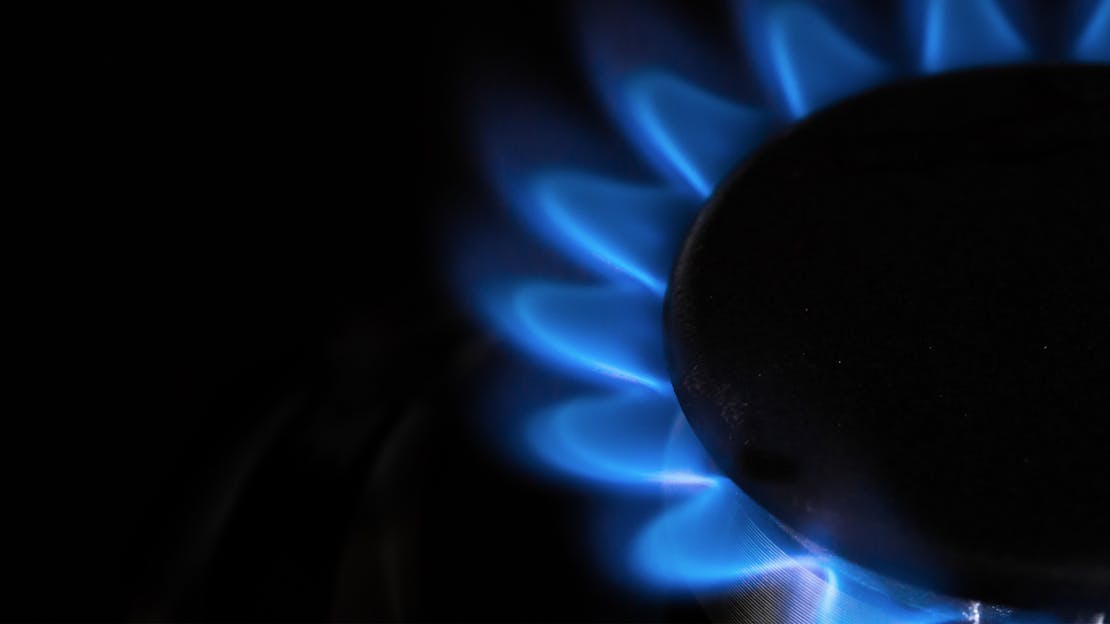
Gas Hobs: Natural Gas vs LPG
LPG and natural gas are distinct in their chemical composition. Natural gas primarily consists of methane, whereas LPG, or liquefied petroleum gas, typically contains propane or butane and is commonly sold in bottles. These gases differ not only in their composition but also in their energy content, combustion properties, and operating pressure. While LPG is distributed in portable gas cylinders, natural gas is transported through pipelines. LPG boasts over twice the energy content of natural gas, rendering it more efficient and often more cost-effective in various applications.
What are the key differences between natural gas and LPG?
Composition: Natural gas primarily consists of methane, while LPG is typically composed of propane or butane.
Energy Content: LPG has a higher energy content compared to natural gas. This means that LPG can produce more heat per unit volume or mass, leading to potentially faster cooking times or more efficient use of fuel.
Pressure: Natural gas is delivered to homes through pipelines at a higher pressure than LPG, which is typically stored and distributed in compressed liquid form. Therefore, gas hobs designed for natural gas may require different pressure regulators or adjustments to accommodate LPG.
Availability: The availability of natural gas and LPG can vary depending on location. While natural gas is commonly supplied through municipal pipelines in urban areas, LPG may be more readily available in rural or remote locations where pipeline infrastructure is not present.
Safety Considerations: Both natural gas and LPG are flammable gases, but LPG is heavier than air and can accumulate in low-lying areas if there is a leak, posing a higher risk of explosion or fire. Proper ventilation and installation of gas detectors are essential for safe use of both fuels.
Cost: The cost of natural gas versus LPG can vary depending on factors such as local market prices, transportation costs, and government subsidies. In some cases, LPG may be more expensive than natural gas, while in others it may be more cost-effective due to higher energy content or availability.
Overall, when choosing between natural gas and LPG for a gas hob, it's essential to consider factors such as energy efficiency, safety, availability, and cost to determine which option best suits your needs and circumstances.
Is LPG more expensive than natural gas?
The cost comparison between LPG (liquefied petroleum gas) and natural gas can vary depending on several factors, including regional pricing, energy content, government subsidies, and transportation costs. In some cases, LPG may be more expensive than natural gas, while in others, it may be more cost-effective.
Generally, natural gas tends to be cheaper than LPG in areas where it is readily available through pipelines because of lower production and distribution costs. However, in regions where natural gas infrastructure is limited or absent, LPG might be more accessible and competitively priced.
Additionally, the energy content of LPG is typically higher than that of natural gas, meaning it can provide more heat output per unit volume or mass. This higher energy content can offset the higher upfront cost of LPG in some cases, making it more cost-effective for certain applications.
Ultimately, the relative cost of LPG and natural gas will depend on local market conditions, energy consumption patterns, and individual circumstances.
Top Selling Hobs from MyAppliances
Discover the epitome of cooking versatility with our leading range of hobs, featuring induction, gas, and ceramic options. Engineered to meet the demands of modern kitchens, our best sellers combine innovative technology with sleek design to deliver exceptional performance every time. Explore our top picks today and revolutionise your cooking space.
